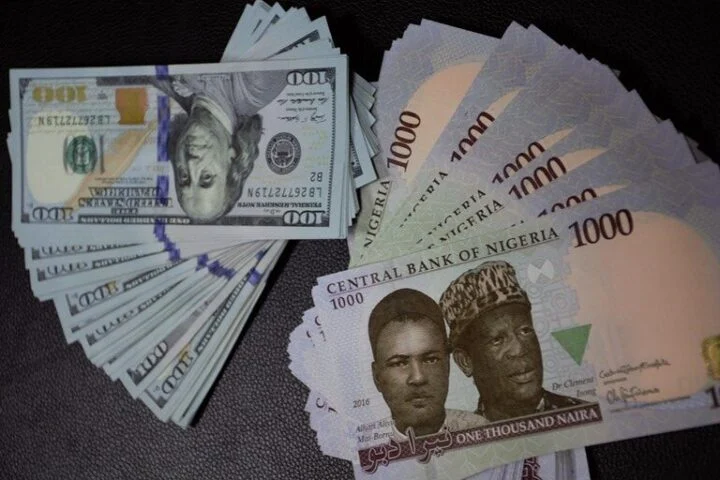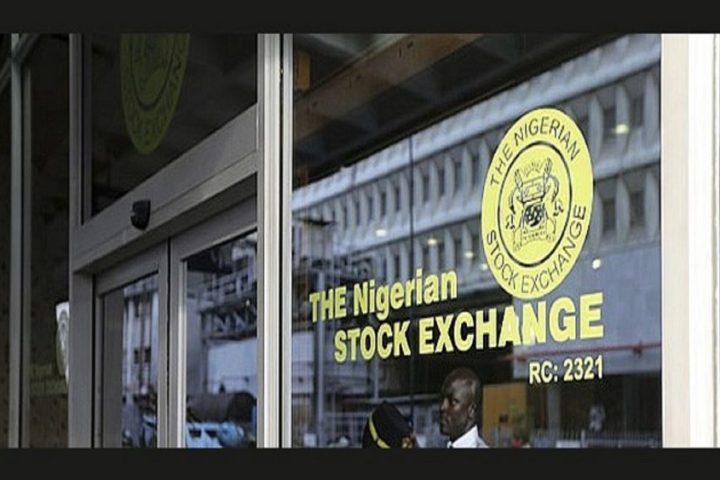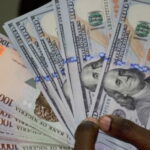The Nigerian Naira has taken a hit, falling to a month-to-date low of N1,300/$1 on Tuesday, April 23, 2024. This represents a 5.05% devaluation from the N1,234.49/$1 reported on the first day of the week.
The exchange rate has now weakened by 17.49% in only five days, raising concerns over the central bank’s capacity to maintain recent gains.
Join our WhatsApp ChannelAccording to data from the FMDQ, the exchange rate closed at N1,300.15/$1 on a total daily turnover of $133.65 million. The intra-day highs and lows recorded for the day were N1,317 and N1,000 respectively, with a difference of around 30% on the upper and lower band.
Black market sources recommend the dollar was quoting closer to N1300/$1 by late Tuesday, as demand spiked in concerns of a further devaluation.
Despite the Central Bank Governor, Yemi Cardoso, declaring the Naira the best performing money globally as of April 2024, the currency has taken a significant hit.
Cardoso credited this achievement to a series of foreign exchange market changes and positive sentiment from driving international investment institutions.
However, the CBN Governor has denied defending the Naira, expressing that the “ups and downs” being observed are due to market forces. “We’re not defending the currency, it’s market forces,” he said.
READ ALSO: Naira Rebound Leads To Nationwide Drop In Rice Prices
To manage currency instability and ensure the accessibility of fundamental foreign exchange, the Central Bank has issued a new circular to all Bureau De Change (BDC) operators, declaring a fresh sale of forex at a decreased rate of N1,021 per dollar.
This is the second such occurrence this month and the fourth occurrence this year. The Naira had previously fallen to as low as N1,600/$1 on the official market and N1800/$1 on the parallel market in March, provoking concerns over the central bank’s capacity to sustain the currency’s value.
As the Naira continues to fluctuate, Nigerians are left pondering what the future holds for the currency. Will the Central Bank’s efforts to manage currency instability be sufficient to stabilize the Naira, or will the market forces continue to manage its value? Only time will tell
Emmanuel Ochayi is a journalist. He is a graduate of the University of Lagos, School of first choice and the nations pride. Emmanuel is keen on exploring writing angles in different areas, including Business, climate change, politics, Education, and others.



















Follow Us